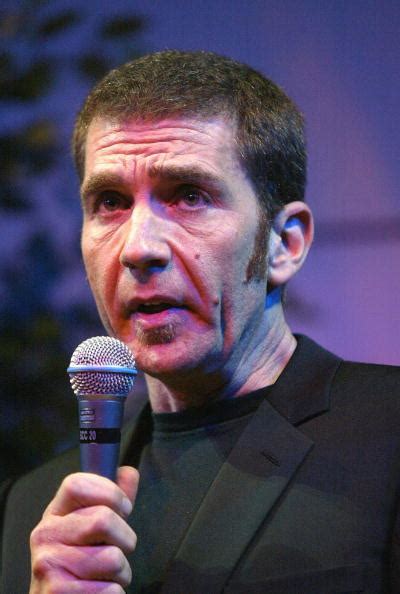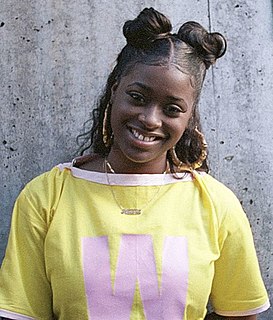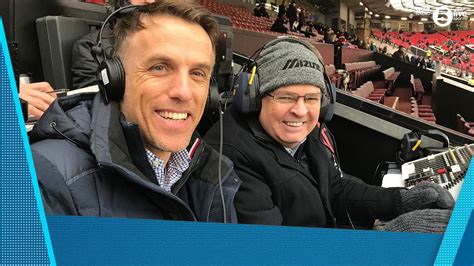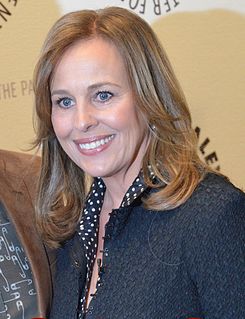A Quote by Grace Paley
Writing poetry, which for me was then saying how I felt about this and that, didn't help me to understand the world I lived in.
Related Quotes
I don't know that I had a sense that there was such a thing as "the poetry world" in the 1960s and early 70s. Maybe poets did, but for me as an onlooker and reader of poetry, poetry felt like it was part of a larger literary world. I mean, even the phrase "the poetry world" reflects a sort of balkanization of American literary and artistic life that has to some extent happened since then.
The question does arise if how and why to write poetry in this time. It feels both completely essential and also quite difficult. But that's how writing poetry has felt to me my whole life. Everything seems to have just gotten immensely more mortal and tragic and scary, which makes it hard to concentrate, but also, if harnessed, can provide immense energy for making poems.
I'm finding that writing poetry is strengthening my songwriting, because you're learning to make a piece of writing work on a page with nothing else. I was also finding within poetry I felt a lot more free to write about very different matters, to write about social issues or things that are going on around me.
I grew up in the church, with traditional hymns, but at the same time I was beginning to listen to pop music, the mid-60s, The Beatles, which had just as much influence on me as those hymns did. Then the hippy stuff like Pink Floyd started to raise questions about how I lived my life and the world in which I lived.
I felt like I was a writer, and I just thought filmmaking was the best way for me to express that, because it allows me to embrace the visual world that I love. It's allows me to interact with people, to be more social than fiction or poetry, and it felt like the right way for me to tell the stories that felt pressing to me.
I had no one to help me, but the T. S. Eliot helped me. So when people say that poetry is a luxury, or an option, or for the educated middle classes, or that it shouldn’t be read at school because it is irrelevant, or any of the strange stupid things that are said about poetry and its place in our lives, I suspect that the people doing the saying have had things pretty easy. A tough life needs a tough language – and that is what poetry is. That is what literature offers – a language powerful enough to say how it is. It isn’t a hiding place. It is a finding place.
I'm educating myself more about world poetry. I know a lot about contemporary American poetry, so I felt I needed to learn more about figures like Borges, Akhmatova, Neruda, etc. I felt I needed a bigger lens to see poetry through. It really helps to see poetry as a world language, and not just something American.
Some of you young folks been saying to me, "Hey Pops, what you mean 'What a wonderful world'? How about all them wars all over the place? You call them wonderful? And how about hunger and pollution? That aint so wonderful either." Well how about listening to old Pops for a minute. Seems to me, it aint the world that's so bad but what we're doin' to it. And all I'm saying is, see, what a wonderful world it would be if only we'd give it a chance. Love baby, love. That's the secret, yeah. If lots more of us loved each other, we'd solve lots more problems. And then this world would be a gasser.
This is going to sound nuts but it took me forever to figure out why I'd stopped writing poetry - I mean, I went about a decade where I wrote very little poetry and I thought it was because I was doing a weekly blog. And then when we moved, I reconfigured my writing desk. The previous one had had very little space to write by hand. And suddenly, the poetry was gushing!






































